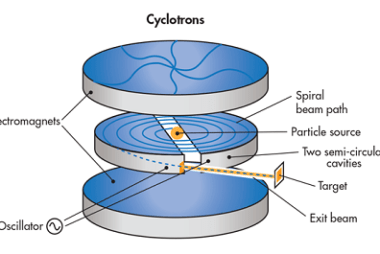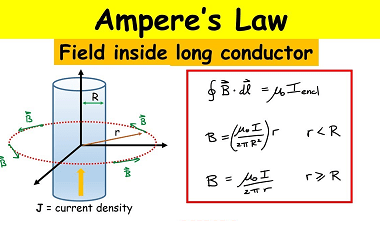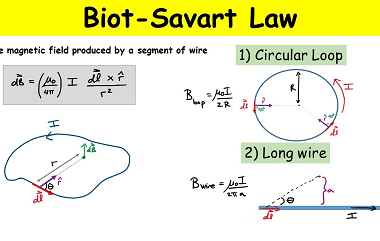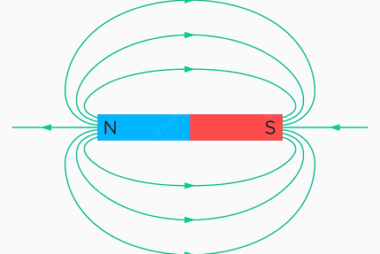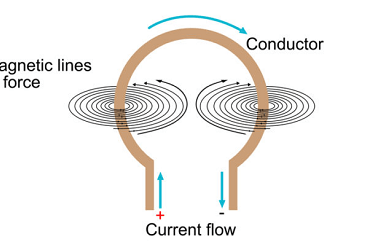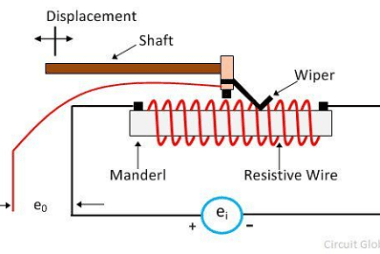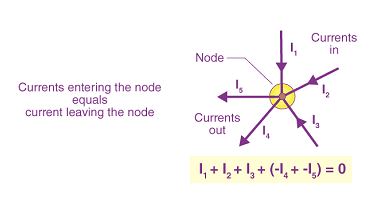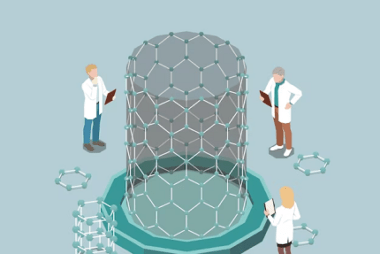Crash Course AIIMS-SYLLABUS Physics syllabus Cyclotron
Cyclotron The Cyclotron is an important topic in the Physics syllabus for AIIMS (All India Institute of Medical Sciences) entrance exams. It is a device used to accelerate charged particles, such as protons or ions, to high energies. Here is a brief overview of the Cyclotron and its key concepts: In the AIIMS entrance exams,…
